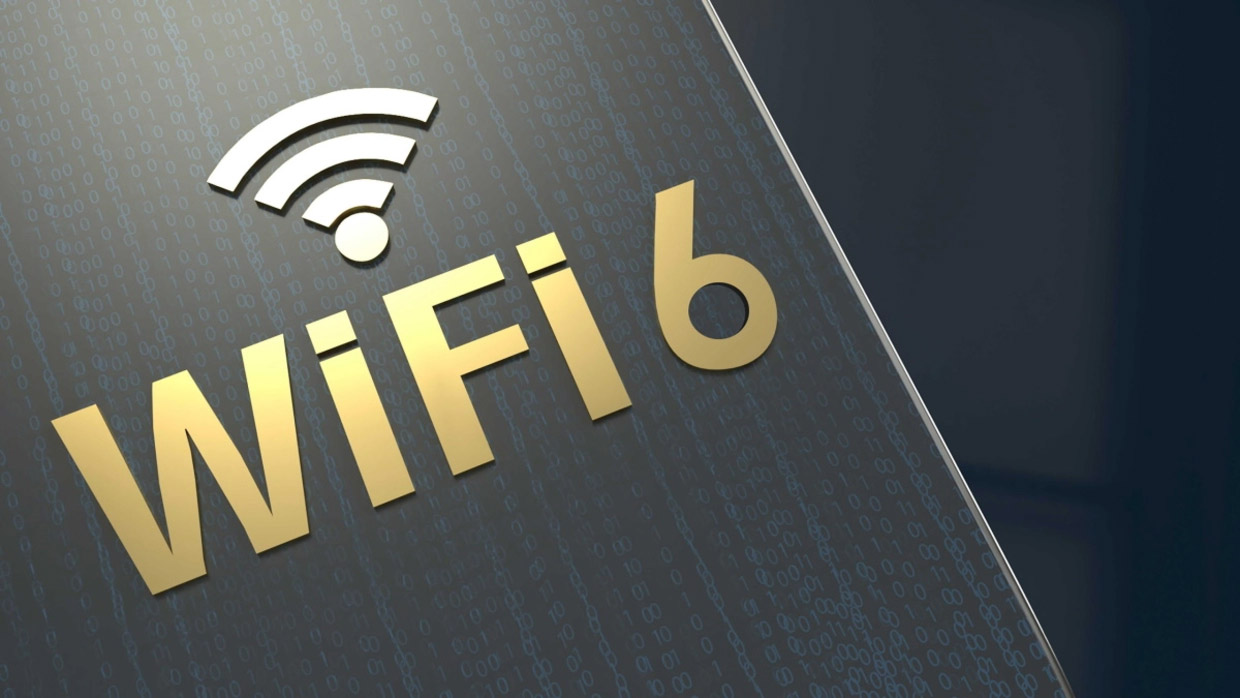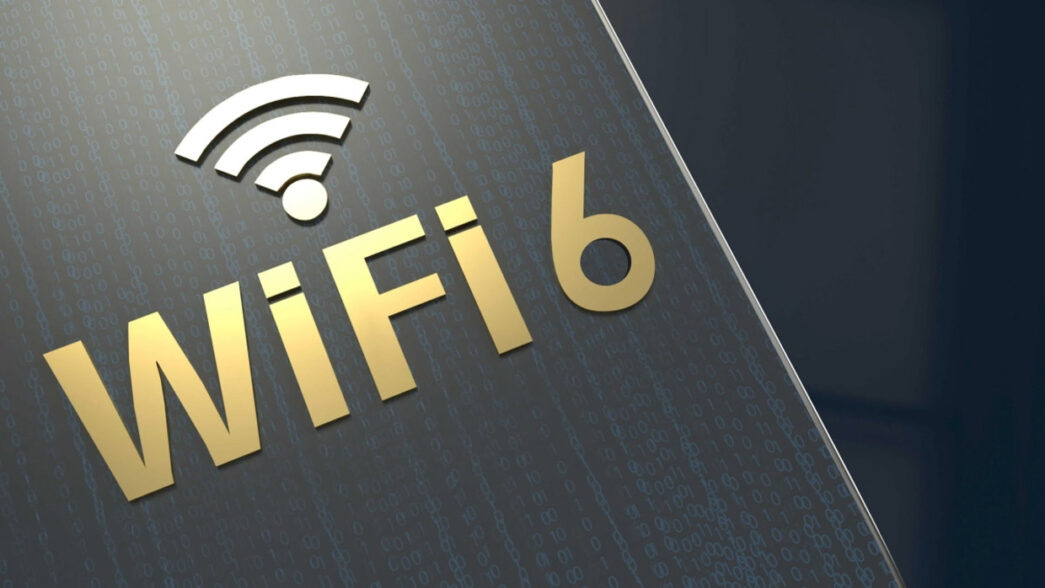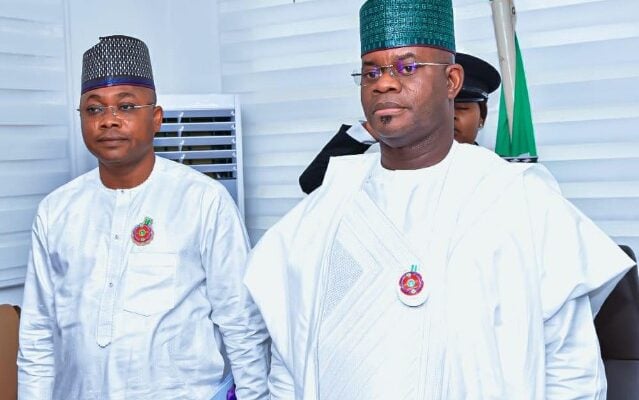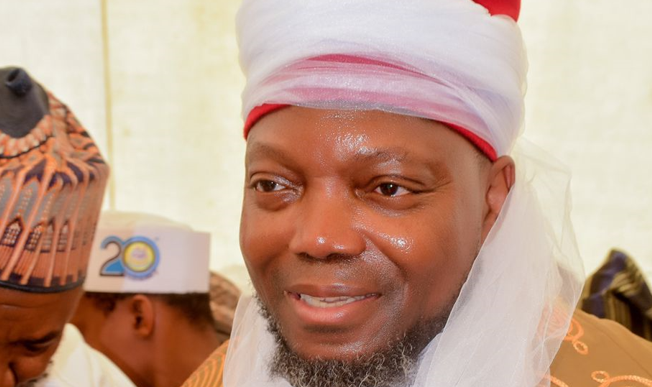The Stakeholders Consultative Forum on Emerging Technologies which held in Lagos on September 19, 2024, as a precursor to the coming of WIFI 6, has animated industry discussions on the beautiful shape of things to come. It is a new world out there and the Nigerian Communications Commission (NCC) with necessary approvals from the International Telecommunications Union (ITU), has planned to formally introduce the technology to the nation but not before following its long laid down procedure of public consultation.
The forum was themed, “The Use of GHz (5925-7125)MHz for WiFi 6 and IMT applications in Nigeria”.
Engr Abraham Oshadami, Executive Commissioner, Technical Services (ECTS), who stood in for Dr Aminu Maida, Executive Vice Chairman (EVC) of the NCC, called the gathering a tradition which provides a platform for the regulator to consult with operators, investors, customers and other relevant stakeholders to examine, share and constructively exchange ideas to ensure optimal utilisation of the benefits of the Spectrum to achieve regulatory excellence and operational efficiency.
There was so much to talk about, especially the significance of deploying WiFi 6 in the lower band 6GHz Spectrum Band, specifically between the range 5925 and 6425 MHz. WiFi 6 represents a quantum leap in wireless technology as it offers the opportunity to support more devices with faster speed and greater reliability.
Advertisement
The regulator told its audience that the development is “particularly very strategic in a world increasingly dominated by the Internet of Things (IoT), where everything, from smart homes to advanced industrial systems, depends on robust wireless connectivity. The deployment in the lower 6GHz is not just about faster Internet, it’s about enabling the next generation of technological innovation and economic growth.”
What the regulator was putting on offer was like a trophy torch from WRC-23. The continent, in taking a long view at future technologies, prepared hard for the one-month long conference and was rewarded even beyond measures. There was literally a battle between WiFi and IMT with the earlier enjoying a clear victory which also meant victory for the continent to introduce WiFi 6 for extensive use.
“Prior to the 2023 World Radiocommunications Conference, African Telecommunications Union (ATU) had already concluded its decision on the 6GHz Spectrum Band and recommended that administrations in Africa adopt the lower 6GHz for WIFi-6 applications . This decision was taken to WRC-23 and at the end of the day, Africa came out victorious,” Oshadami said.
Advertisement
This writer was told that the 6GHz band is for unlicensed use, meaning that users don’t have to obtain licences from, or pay any licence fee to the regulator, except to follow the laid down regulations just to ensure discipline in operations and avoid chaos and arbitrariness. It’s introduction is expected to excite the industry and activate greater connectivity.
Nigeria is not alone in this journey or let me say the Africa Region has only tried to secure something that has facilitated wider connectivity in other parts of the world. For instance, the United States Federal Communications Commission (FCC) approved the opening of the 6-GHz band for unlicensed use in the United States in April 2020.
The move demands that the FCC frees1200 MHz bandwidth for use by WiFi 6E devices, which feature an extra radio that lets them communicate in the 6-GHz band. The 6-GHz offers more than twice as much WiFi bandwidth as the 5-GHz band. It was the FCC’s plan to encourage wireless innovation and support smart homes and offices and expand the Internet of Things (IoT).
Other countries and regulatory bodies already delivering 6GHz unlicensed spectrum to their residents, according to a CISCO report, include: Chile, the European Union, Japan, Mexico, South Korea, Taiwan, the United Arab Emirates and the United Kingdom.
Advertisement
Without doubt, this is a good company to keep. And I am sure the stakeholders who gathered in Lagos will already be looking forward to how they can deploy WiFi 6 spectrum to change the story of their world and play in the WiFi elite group. I will not try to compare the rate and level of connectivity in any of the countries listed above. However, NCC seems pumped up to want to change the level of connectivity, and even quality of networks with its latest move.
An industry source explained that there will be more Internet connectivity which may even profit the mobile operators. When there is congestion on the network, the source explained, the operators will simply off load on the WiFi. Besides, there will be wider availability of Internet for the ordinary folks, even as it will be much easier for people to deploy WiFi in parks and other public places.
Making a compelling case for WiFi in an article, Connecting to the Future with 6GHz WiFi, published in September, 2023, Alex Roytblat, Vice President, Worldwide Regulatory Affairs, WiFi Alliance wrote: “The significance of Wi‑Fi will only increase with the next generation of wireless connectivity, as future use cases will require computational resources and connectivity that are hundreds, if not thousands, times faster than current International Mobile Telecommunications (IMT) applications.
“Next-generation connectivity will command immersive experiences such as virtual, augmented, and extended-reality (VR/AR/XR), wearable tech, artificial intelligence (AI), telehealth, industrial automation, the Internet of Things (IoT), and 3D‑video,” he said.
Advertisement
While Roytblat submitted that the 6GHz WiFi was already delivering real socio-economic benefits in many countries, he also observed that the diverse and growing product ecosystem for 6GHz Wi‑Fi fits perfectly with broadband objectives in developed and developing countries — and without disrupting incumbent operations. The NCC obviously will enjoy this point of view.
WiFi connectivity has more to do with speed, reliability and cost; the regulator has said that this will come at no cost but just regulations to enable responsible behaviour from users.
Advertisement
For the industry people who are used to paying for nearly everything they get from the regulator, including services, this may sound like strange music. Engr Gbenga Adebayo, the ALTON President, told this writer within the week, that WiFi 6 is a positive development for the industry. It presents a win-win situation where everybody benefits as it will impact easy deployment, availability and cost, even as more and more devices get connected. It is obviously a good turn for the industry, he observed.
The taste of the pudding, they say, is in the eating. So, NCC, when is WiFi 6 coming on stream? Our much maligned younger generation will be interested in the answer. Or will this be another story of Waiting for Godot?
Advertisement
Views expressed by contributors are strictly personal and not of TheCable.











